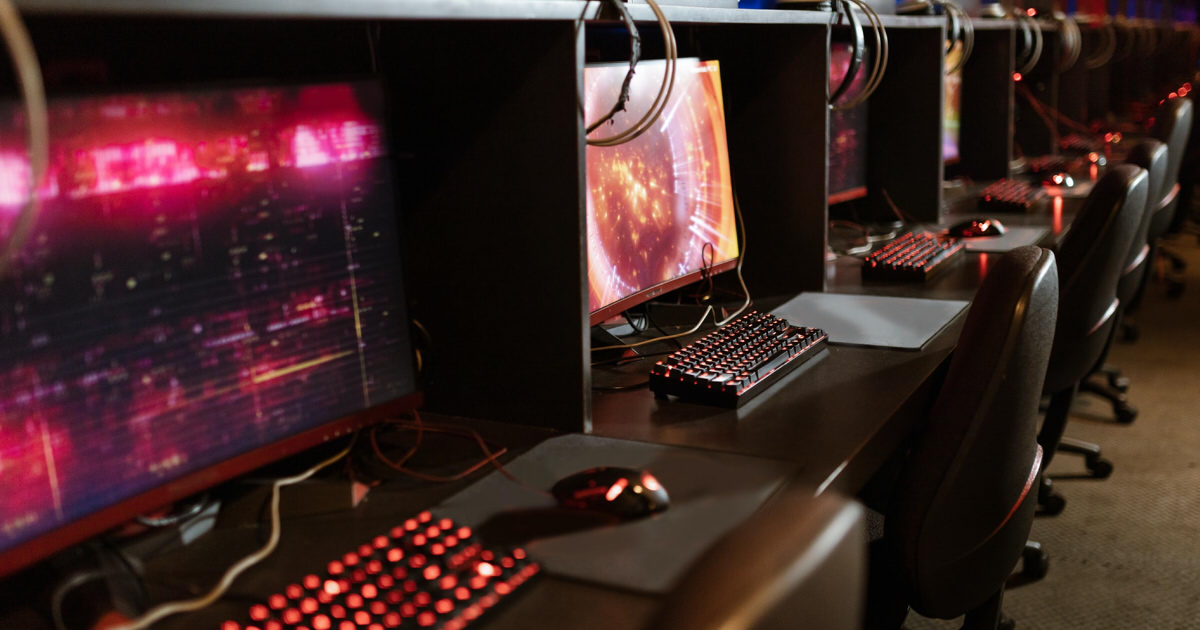Last week, the National Press and Publication Commission (NPPA) resumed issuing gaming licenses after a nine-month freeze. However, foreign studios still have no access to the Chinese market.

This is indicated by the absence of foreign projects in the first list of games approved for release. It is unknown whether they will be given an ISBN in the future.
For comparison, in 2019, the NPPA approved 180 foreign games. In 2020, there were 97 of them, and in 2021, before the moratorium, 76 at all.
The main ways to the market, through cooperation with local companies, have reached a dead end. Now Chinese partners cannot guarantee the issuance of licenses, as well as predict the distribution of the game or its revenue.
The situation was complicated by the recent decision of Tencent. The company said that their services will no longer support foreign servers and platforms. Such services were a semi-legal way to get to foreign games for many Chinese gamers.
Tightened regulatory measures by the state make the local game development industry inhospitable for developers from other countries, analysts say. According to Zhang Yi, chief analyst at iiMedia Research, the current licensing process is already seriously hindering the entry of foreign games into the Chinese market.
Some companies are gradually losing ground. For example, the South Korean company Nexon postponed indefinitely the launch of the mobile version of Dungeon & Fighter. In addition, in December last year, the Steam gaming platform was no longer available in China.
In the current conditions, the Chinese market may lose all attractiveness for foreign companies, despite a good overall income. Recall that in 2021 it amounted to $46 billion.
